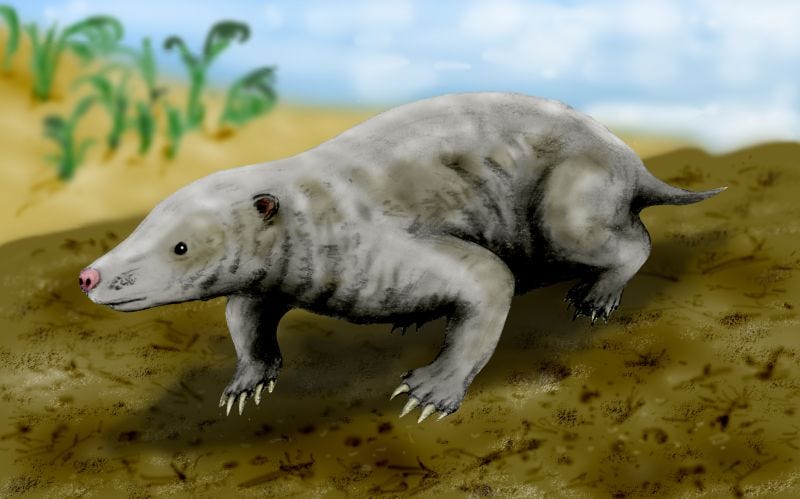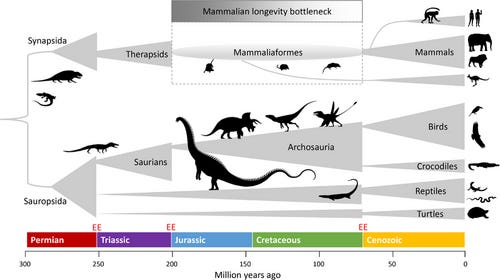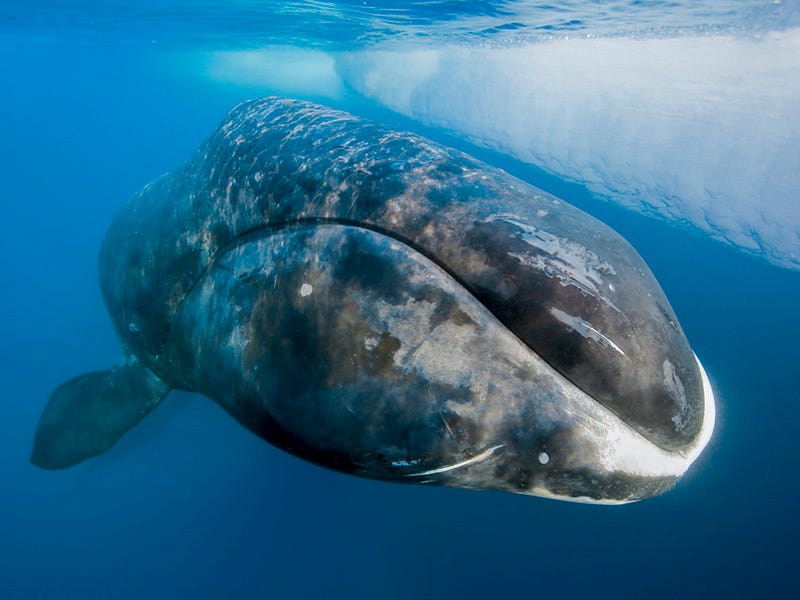The Impact of Dinosaurs on Mammalian Longevity: An Evolutionary Insight
Written on
Chapter 1: The Connection Between Dinosaurs and Mammals
The lifespan of mammals could have been significantly shaped by the presence of dinosaurs. Research suggests that the evolution of mammals has left lasting effects on various species.

Mammals, with few exceptions like modern humans (not their prehistoric ancestors) and whales, typically do not reach advanced ages, in stark contrast to certain reptiles and amphibians that exhibit minimal signs of aging. A theoretical study posits that dinosaurs played a pivotal role in the evolutionary trajectory of mammals, creating significant evolutionary pressures that shaped their development.
During the Mesozoic era, mammals were predominantly small and nocturnal, a strategy that allowed them to evade encounters with massive dinosaurs during daylight hours. However, their short lifespans posed challenges, and dinosaurs acted as a powerful “evolutionary pressure” that may have contributed to the loss or deactivation of genes associated with longevity. This phenomenon, referred to as the “longevity bottleneck hypothesis,” suggests that the dominance of short-lived mammals capable of rapid reproduction was an effective survival strategy in a world ruled by dinosaurs. Over the course of approximately 100 million years, this evolutionary path likely resulted in the elimination of genes that promote longer lifespans.

The evolutionary history of mammals reveals that synapsids, the reptile-like forebears of mammals, diverged from sauropsids, which include the ancestors of dinosaurs, birds, and reptiles, over 300 million years ago. Following the Triassic–Jurassic extinction event around 200 million years ago, dinosaurs emerged as the leading predators. In contrast, mammals adapted by becoming small nocturnal insectivores, only to increase in size after the extinction of dinosaurs about 66 million years ago. The longevity bottleneck hypothesis posits that the prolonged existence of early mammals as small, short-lived creatures resulted in the loss of genetic traits associated with longevity, a legacy that continues to influence the aging characteristics of modern mammals, particularly long-lived species like humans.
The earliest ancestors of placental mammals appear to have lost certain enzymes during the Mesozoic era that are crucial for repairing DNA damage induced by ultraviolet radiation. Interestingly, even in the lineages of marsupials and monotremes, one of these enzymes (photolyase) is absent. While it remains uncertain if this loss is directly linked to reduced lifespans, the study's author suggests it might be a contributing factor, especially since Mesozoic mammals were nocturnal, which minimized the impact of this genetic alteration. The author also proposes that other factors, such as dental characteristics, may support this hypothesis. For example, many mammals, including humans, replace their teeth only once, whereas some reptiles continuously regenerate theirs throughout their lives.

Although certain mammals do exhibit longer lifespans, such as modern humans and whales, this aspect requires more extensive examination.
Chapter 2: Understanding the Evolutionary Legacy of Dinosaurs
The first video discusses how dinosaurs might have impacted human aging, offering insights into the complex relationship between species throughout evolution.
The second video explores the evolutionary history of mammals, tracing their development from the age of dinosaurs to the present day.
This study presents intriguing perspectives on how our existence has been influenced by dinosaurs, emphasizing the complexity of evolutionary processes and the limited knowledge we possess about our distant ancestors from the Mesozoic era.